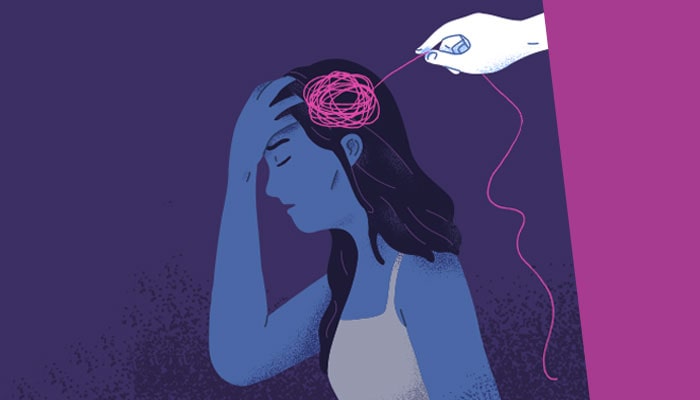What is Postpartum Depression?

You’ve likely heard about the “baby blues”, some confuse it with postpartum depression. That’s since it’s entirely expected for new moms to feel miserable, stressed, or exhausted.
Around 80% of moms have these feelings for up to 14 days following pregnancy. It’s usually common and fades away in a couple of weeks.
While a portion of the side effects sounds something very similar, post-pregnancy depression is unique in relation to the baby blues.
Postpartum depression is significantly more effective and keeps going longer. It follows around 15% of births, in first-time mothers and those who’ve conceived previously.
It can cause extreme emotions, fatigue, and a feeling of misery. The power of those sentiments can make it hard to really focus on your child or yourself.
Postpartum depression isn’t something you can take lightly. It’s a significant issue, however, it tends to be fixed through treatment. However, it doesn’t mean or signify any sign of an unhealthy pregnancy.
What Causes Postpartum Depression?
Physical factors
Conceiving an offspring brings various physical and enthusiastic changes. You might be managing actual agony from the conveyance or the trouble of losing the child weight, leaving you unreliable about your physical and physical appeal.
Emotional factors
The pressure of really focusing on an infant can likewise incur significant damage. New moms are regularly sleepless. Also, you may feel overpowered and restless about your capacity to appropriately focus on your child.
These changes can be especially troublesome in case you’re a first-time mother who should become acclimated to a completely new personality.
Hormonal Change
After delivery, women experience a major drop in estrogen and progesterone levels. Thyroid levels can likewise drop, which prompts weariness and misery.
These fast hormonal changes—alongside the progressions in circulatory strain, immune system, and digestion that new moms experience—may trigger postpartum depression.
Coping With Postpartum Depression
Create a secure attachment with your baby
A secure connection is framed when you as the mother react energetically and reliably to your child’s physical and emotional feelings. At the point when your child cries, you rapidly look after him/ her.
On the off chance that your child chuckles or laughs, you react in kind. Fundamentally, you and your youngster are in a state of harmony. You perceive and react to one another’s emotions.
Lean on others for help & support
People are social. Positive social contact mitigates stress quickly and is more proficient than some other methods for stress reduction.
Historically and according to an evolutionary viewpoint, new moms get help from people around them when really focusing on themselves and their babies after delivery. These days, new moms frequently get themselves alone, exhausted, and forlorn for steady adult contact.
Take care of yourself
Probably the best thing you can do to ease or stay away from postpartum depression is to take care of yourself. The more you care for your psychological and actual prosperity, the better you’ll feel.
Basic lifestyle changes like eating nutritious food can go far towards assisting you with feeling like yourself once more.
Make time for your relationship with your partner
The greater part of all divorce occurs after the introduction of a child. For some couples, the relationship with their partner is their essential wellspring of enthusiastic articulation and social association.
The requests and needs of a child can disrupt the general flow and crack this relationship except if couples put some time, energy, and thought into saving their bond.








